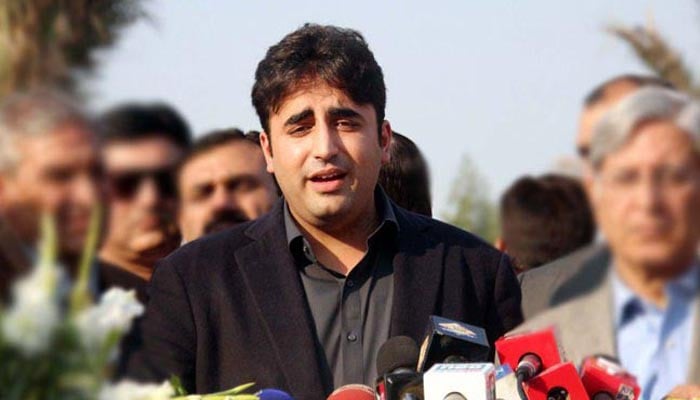The report was published by Tony Blair Institute for Global Change on Thursday and called on the world to fully engage in a battle of ideas with the extremists on an emergency basis to halt the spread of violence.
According to the study, Pakistan was on a list of countries most affected by violent religious extremism despite lying outside the major conflict zones.
Over 1,489 people were killed by groups that claimed to fight in the name of religion all over the country in 2017, the report revealed. This figure included as many as 247 civilians who were killed in sectarian terrorist attacks in Pakistan in 2017.
Other key findings highlighted in the research underlined that religious extremist groups were fast transforming into transnational actors, which carried out sustained campaigns against the civilian population and weakened state governments.
Besides Pakistan, the other countries identified as a hotbed of extremist activity in the world included Syria, Iraq, Afghanistan, Somalia, Nigeria, Yemen, Egypt, Libya and Mali.
The Monitor used open source data on the use of terror tactics by extremist groups as a basis for the study. The tactics identified in the findings of the report included the use of public space by terrorists to launch attacks in order to spread maximum chaos, as well as the deliberate targeting of prominent personalities and public buildings.
Global Extremism Monitor observed that sectarianism was the founding ideology of the deadliest and the most active terror groups. In addition to these warnings, the authors of the report noted that extremist groups used executions and suicide bombings as a terror tactic and exploited religious doctrines on the nature of war in this regard.
Another important issue mentioned in the document referred to the increasing participation of women in terrorist attacks globally and the terrible continuation of violence in Syria. According to figures released by the international group, more than half of civilian casualties from global terrorism in 2017 were recorded in Syria.
The Monitor also gave a detailed picture of terrorist incidents in 10 of the most violent countries in the world, including Pakistan.
According to the study, Pakistan was on a list of countries most affected by violent religious extremism despite lying outside the major conflict zones.
Over 1,489 people were killed by groups that claimed to fight in the name of religion all over the country in 2017, the report revealed. This figure included as many as 247 civilians who were killed in sectarian terrorist attacks in Pakistan in 2017.
Other key findings highlighted in the research underlined that religious extremist groups were fast transforming into transnational actors, which carried out sustained campaigns against the civilian population and weakened state governments.
Besides Pakistan, the other countries identified as a hotbed of extremist activity in the world included Syria, Iraq, Afghanistan, Somalia, Nigeria, Yemen, Egypt, Libya and Mali.
The Monitor used open source data on the use of terror tactics by extremist groups as a basis for the study. The tactics identified in the findings of the report included the use of public space by terrorists to launch attacks in order to spread maximum chaos, as well as the deliberate targeting of prominent personalities and public buildings.
Global Extremism Monitor observed that sectarianism was the founding ideology of the deadliest and the most active terror groups. In addition to these warnings, the authors of the report noted that extremist groups used executions and suicide bombings as a terror tactic and exploited religious doctrines on the nature of war in this regard.
Another important issue mentioned in the document referred to the increasing participation of women in terrorist attacks globally and the terrible continuation of violence in Syria. According to figures released by the international group, more than half of civilian casualties from global terrorism in 2017 were recorded in Syria.
The Monitor also gave a detailed picture of terrorist incidents in 10 of the most violent countries in the world, including Pakistan.
http://www.shiitenews.org/index.php/pakistan/item/35648-shia-muslims-remained-target-in-95-sectarian-terrorist-attacks-in-2017


